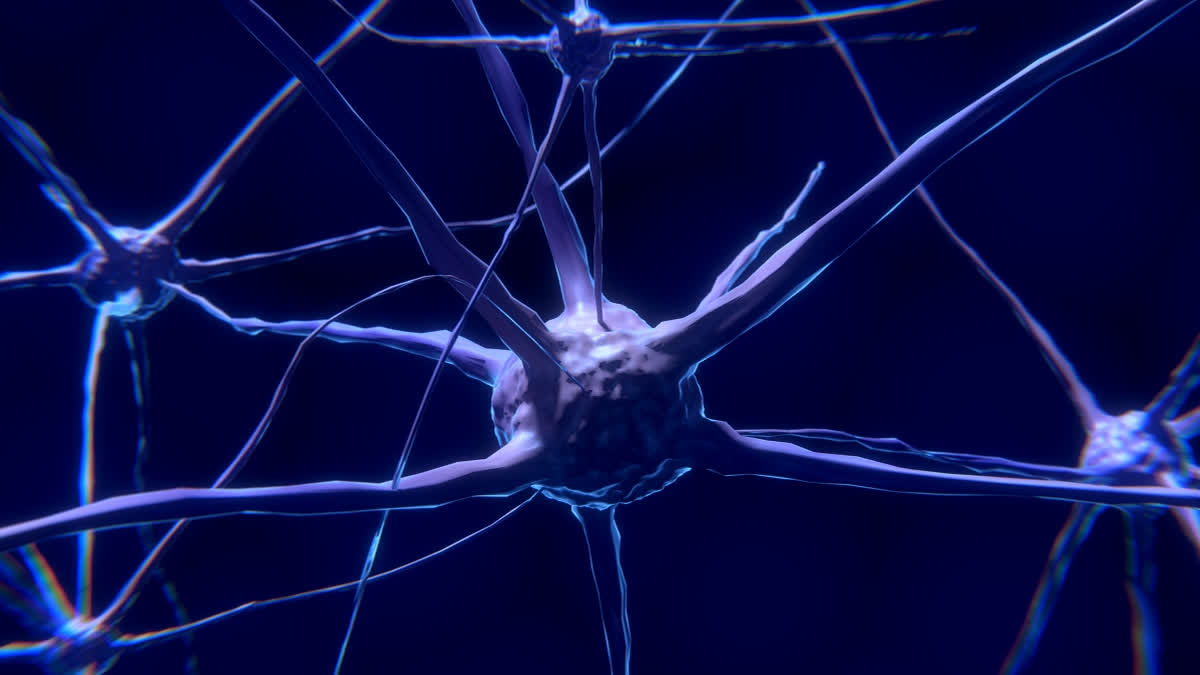Washington [US]: According to a new study, some persons with motor neuron disease (MND) and frontotemporal dementia (FTD) share the same rare genetic diseases that cause other neurodegenerative illnesses. Researchers from Macquarie University's MND Research Centre and The Walter and Eliza Hall Institute of Medical Research discovered abnormalities in the genomes of some people with sporadic MND and FTD.
The neurons, or motor nerves, that connect the brain and spinal cord to the muscles die as a result of MND. These are the cells that control our movement, breathing, and swallowing. The disease worsens and eventually kills. FTD also causes neuronal death in a portion of the brain, resulting in a variety of progressive symptoms such as memory loss, strange conduct, personality changes, and communication difficulties. It is the same type of dementia that recently struck star Bruce Willis, and, unlike older-onset dementia, it primarily affects those under the age of 65.
Also read:Gene therapy helps combat some forms of blindness and ongoing clinical trials are looking to extend these treatments to other diseases
The majority of cases in both diseases - about 90 per cent in the case of MND and 60-70 per cent in FTD - are sporadic, with the rest occurring in families. These gene defects, known as short tandem repeat expansions, are the cause of more than 20 neurodegenerative diseases including spinocerebellar ataxias and myotonic dystrophy. This Australian study has been the most comprehensive assessment of these gene defects in MND and FTD patients worldwide.
Macquarie University Postdoctoral Research Fellow Dr Lyndal Henden says the findings were a surprise. "We found almost 18 per cent of sporadic MND and FTD patients carried a DNA repeat expansion thought to be involved in other degenerative diseases," she said. "Finding this genetic connection between MND and FTD offers a fresh opportunity to uncover common risk factors for neuron death, and it will have implications for understanding both diseases."
Macquarie University Associate Professor Kelly Williams directed the study, and says the team suspected there could be some overlap with other diseases, but not to such an extent. "This suggests shared risk factors among these diseases, shared mechanisms that cause nerves to die - and perhaps shared therapeutic strategies in the future," she said. "While the causes of sporadic MND and FTD remain unknown, this is an important step in a long-term effort to identify the risk factors for developing one of these diseases." (ANI)
